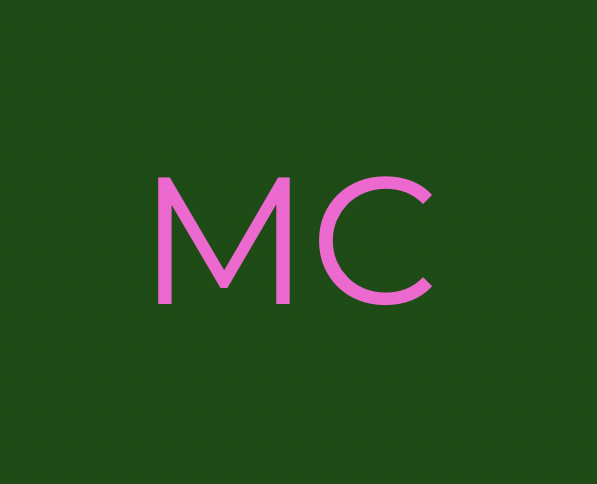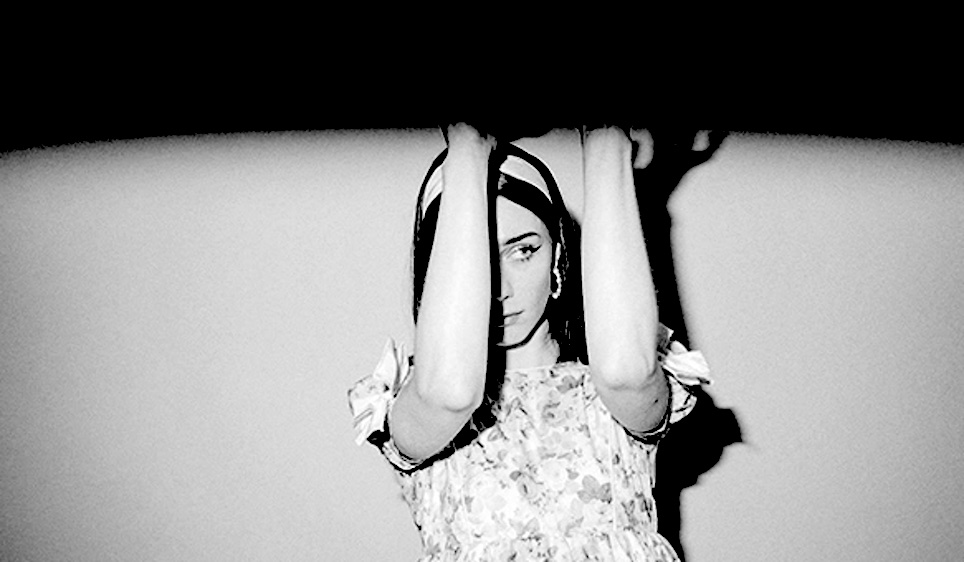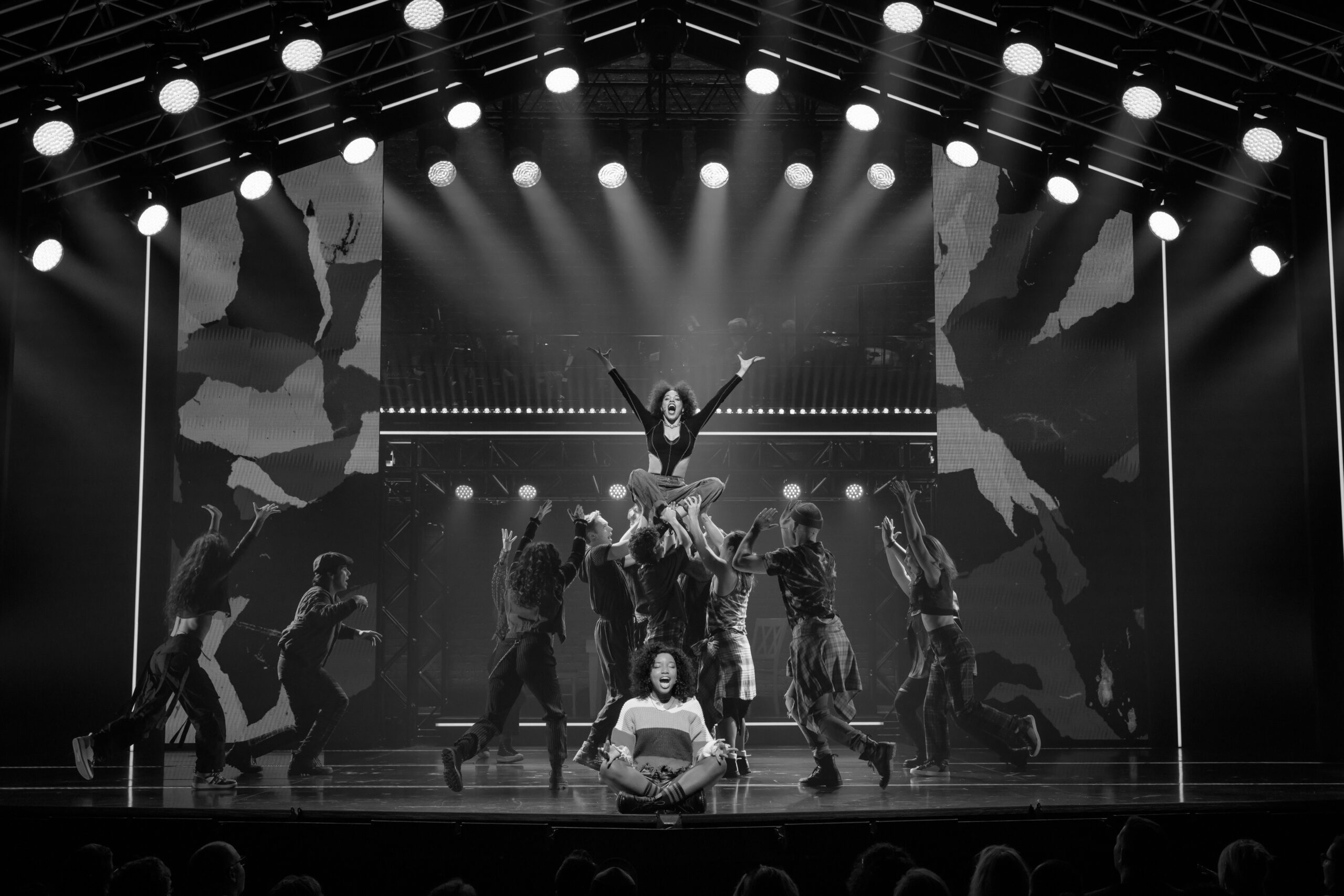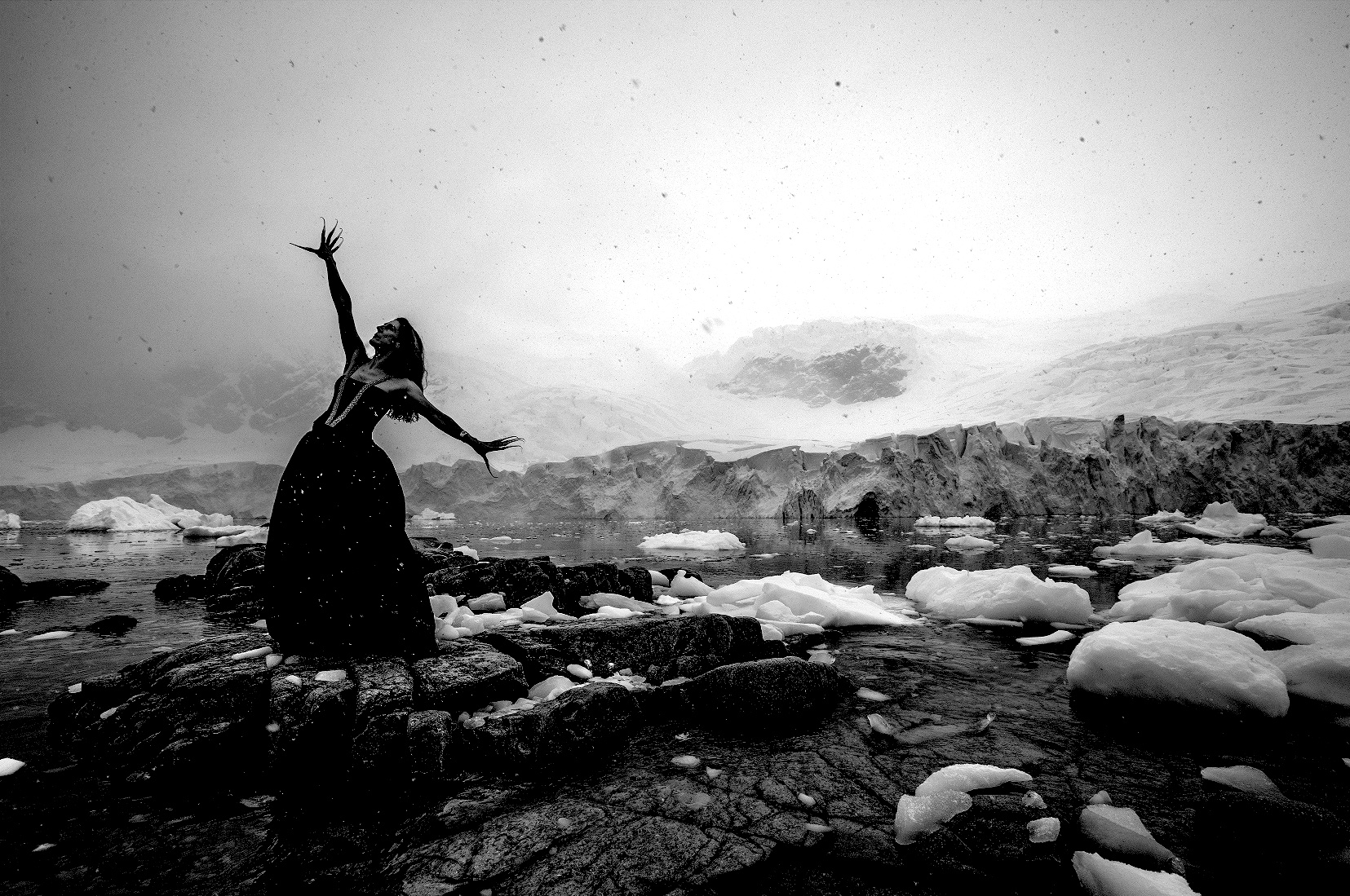THESE FLOWERS BLOOM
Now in it’s third year there seems no stopping Poppy Seed Theatre Festival, as it continues to grow in both size and notoriety. Currently in Melbourne, Poppy Seed Theatre Festival is one of the last dedicated platforms that showcases and supports independent theatre makers – it was founded and created during a period when the arts sector was seeking creative strategies to champion independent theatre makers and artists. This year the expanded program offers an even more diverse line up of theatre explains Artistic Director Philip Hayden,
Philip, introduce us to the festival program for this year. What has changed and what have you drawn upon from your 2016 program?
What I am really pleased about is that this season we have upped our game a little. We’ve gone from presenting four works to five. Percentage wise, that’s an increasing of 25 per cent. Being able to support one more production is just great. It’s fantastic for the team because every year we have so many great applications, and when it comes down to the final four shows to program, there are usually six that we are really keen to program. We’ve gotten a little bit closer to this now. It’s enabled us to be bold with our choices of programming, and we have become more diverse than we were last year. We have a choose-your-own-adventure circus performance called Tandem, then there is Bread Crumbs, which is a politically savvy and warped take on Hansel and Gretel, drawing upon reference to domestic violence but with loads of humour, and the performance style itself is fantastic. The Lost Five, written by Daniel Keene, who is arguably one of the well regard play writes of our time; so we are really proud to be able to support his work, because we love to support new Australian works. Then we have a work presented by a neuro-diverse team, who have built around the female autistic experience, which is really exciting, and it makes us feel like we are part of something bigger which is going on. It [Alexithymia] is programmed on merit; we’ve not just programmed this, like others have, to tick a box. [We’ve also got] Romeo Is Not The Only Fruit, which is a lesbian rom com with lots of catchy tunes, and which is at The Butterfly Club, of course.
How is the festival made accessible to the public, and what role does art play in pushing a more positive social agenda?
I think we have to be at the forefront of it on so many different levels. I’m no expert on this, but the dominant aesthetic and driving forces behind art at the moment are straight white middle class males who are probably the writers, or directors, or artistic directors for instance. Overall, there will be exceptions to this, but when I walk down the street there are many people with noticeable difficulties or with disability which are not recognisable, and then we have people of colour and the LGBTIQ communities that don’t feel represented. Art should not be the preserve of these straight white middle class males, and I don’t think it’s a good thing nor does it bode well with innovation. The opportunity we present people with here is the chance to present their work and feel like their voice is valid in that arena.
What are some of the difficulties faced by independent artists, and what does Poppyseed enact that helps to stem this issue?
Funding is as ever uncertain, and it’s always uncertain unless you’re a big company. You have to be applying every year or so, and that’s a short- to mid-term cycle. The policy that is implemented to decide who gets the funding shifts and changes in itself. It’s not a bad thing. For instance, it lends itself well to innovation. The lack of certainty is not great for the industry, particularly independent artists who perhaps don’t get funded and get burnt out. They are doing things in small groups or by themselves so they burn out and leave the industry. Poppy Seed was created to support artists in the creation of their work. When they leave, we lose a whole bunch of skills and hope they don’t burn out. When someone burns out in their 30s or 40s, it’s sad because we don’t get to see their best works in their 50s or 60s, when they would have had more experience and would know their own practice better. I think Melbourne independent artists are amazing. They innovate, and they do things on not a lot of money. They are the arts scene; more than 50 per cent of the local arts scene is made up of independent artists, which is amazing, but also we have to commend the Melbourne audiences because they are risk-takers and will go out and see a piece of independent theatre. Melbourne is great for Poppy Seed Festival because of this, and perhaps the only place in the world that could support the festival.
The future of art?
The future of art is increasingly more digital, but in the live performance space, I don’t think we have fully learnt how to integrate the digital interface into performance. People are trailing things at the moment, but I think they will bridge the gap between performance and digital performance. I don’t know how, but when they do, it will be amazing.








